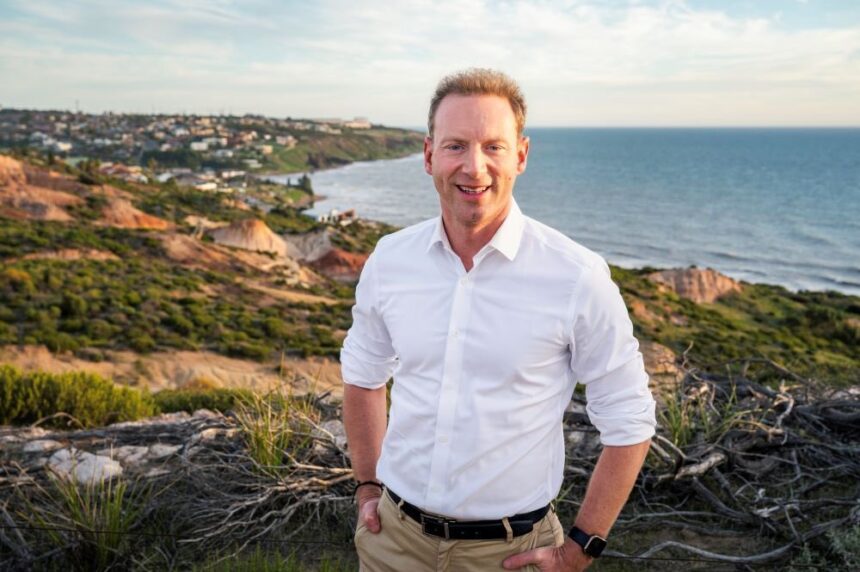Former South Australian (SA) Liberal Opposition Leader and Member for Black, David Speirs, has claimed that he was the victim of artificial intelligence deepfake after videos emerged allegedly showing him snorting white powder from a plate. Speirs, who resigned from his leadership position a month ago, denies being the person in the video.
The video and image were initially published by News Corp, reportedly taken at 4:12 a.m. on June 30 inside Speirs’ Adelaide kitchen. The source of the video was not disclosed, with claims that it was received from a third party.
Speirs described the footage as “very troubling” and stated that it was not him in the video. He expressed shock at the content, saying, “That is very strange… I would never have done that. I’m quite horrified by that.”
He further mentioned, “I believe this is a deepfake or an elaborate hoax.” The Epoch Times reached out to Speirs for comment on the matter.
Current Liberal leader Vincent Tarzia commented that if the video was indeed a deepfake, it should be reported. He emphasized the seriousness with which his party takes such allegations, stating, “Any suggestion of this kind of activity is of concern to me. It would be inappropriate for further comment until all facts are known.”
Tarzia took over the leadership in August following Speirs’ resignation, citing a lack of energy to continue in the role.
South Australian Premier Peter Malinauskas expressed concern about the rise of deepfakes in politics, highlighting the need to address the issue legislatively to prevent it from becoming a threat to democracy.
The article also delves into the broader implications of AI in politics, referencing Independent Senator David Pocock’s call for a generative AI ban in the upcoming federal election. It also touches on instances where AI-generated content has been used to spread misinformation, prompting governments worldwide to consider stricter regulations around the technology.
Overall, the article provides insights into the evolving landscape of AI in politics and the challenges it poses for maintaining transparency and trust in democratic processes.
Source link




